How Budget 2024 Will Affect Singapore Homeowners: New Property Tax Changes And ABSD Remissions
February 16, 2024
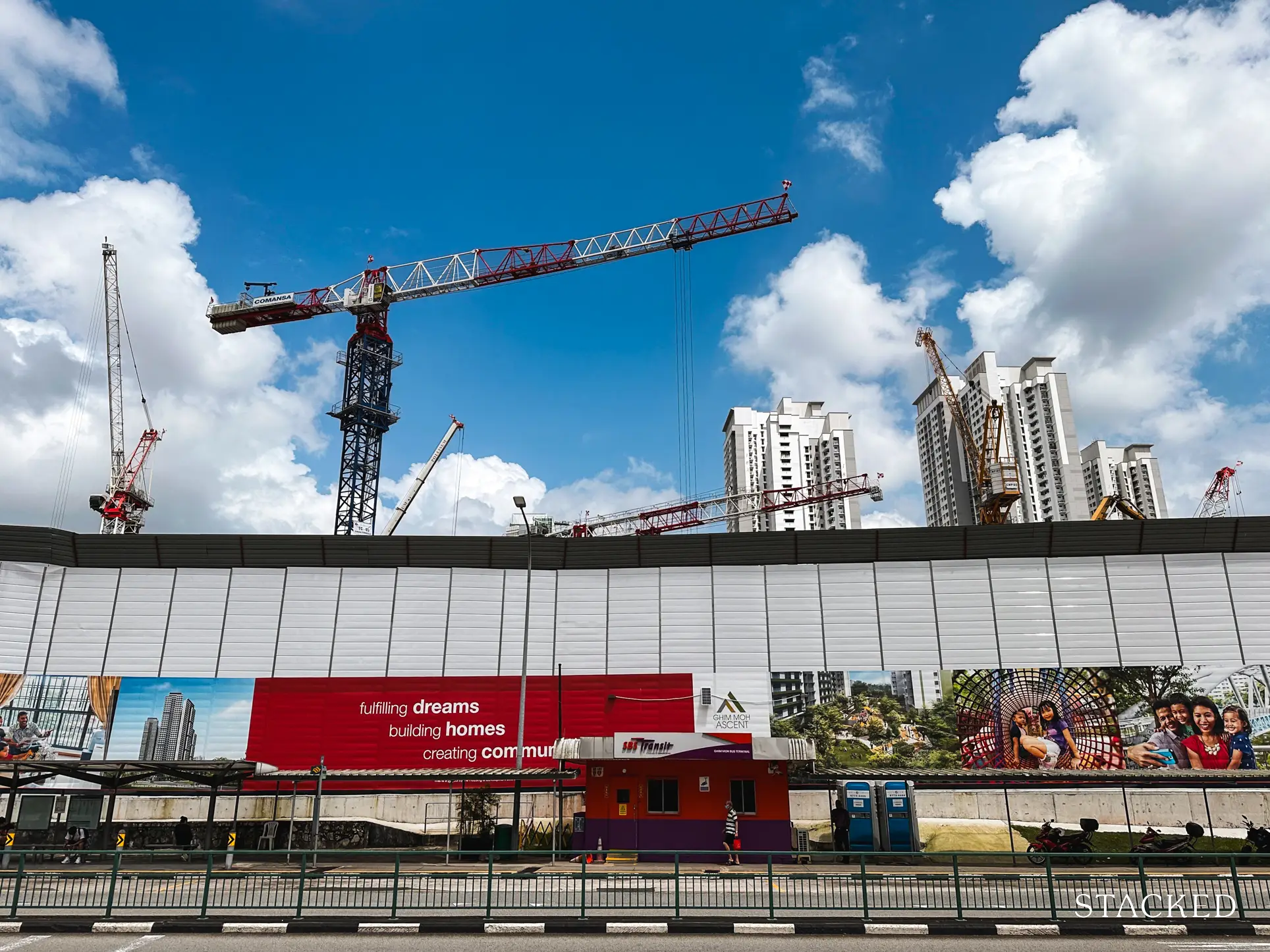
Budget 2024 was announced today, with an emphasis on “enhancing education and training”, and on financial aid to target groups. Some of the handouts include $1.9 billion in household support (in assorted forms), changes to CPF; and assistance for Singaporean tenants. However, one of the biggest changes on the housing front involves property taxes. Here’s what you need to know:
Changes to property tax
This is probably the most significant change on the housing front. Back in 2022, there was an increase in property tax rates for residential housing; this was intended as a form of wealth tax, targeted at high-end, luxury properties.
(We covered the details of the 2022 tax changes in this article)
However, as you may well know, rental rates have increased across the board from 2022 onward. This has impacted the Annual Value (AV) of residential properties and caused tax rates to rise even for lower-value homes. So while the original plan was to target the top seven per cent of owner-occupied properties (by value), it was the top 13 per cent that were actually affected.
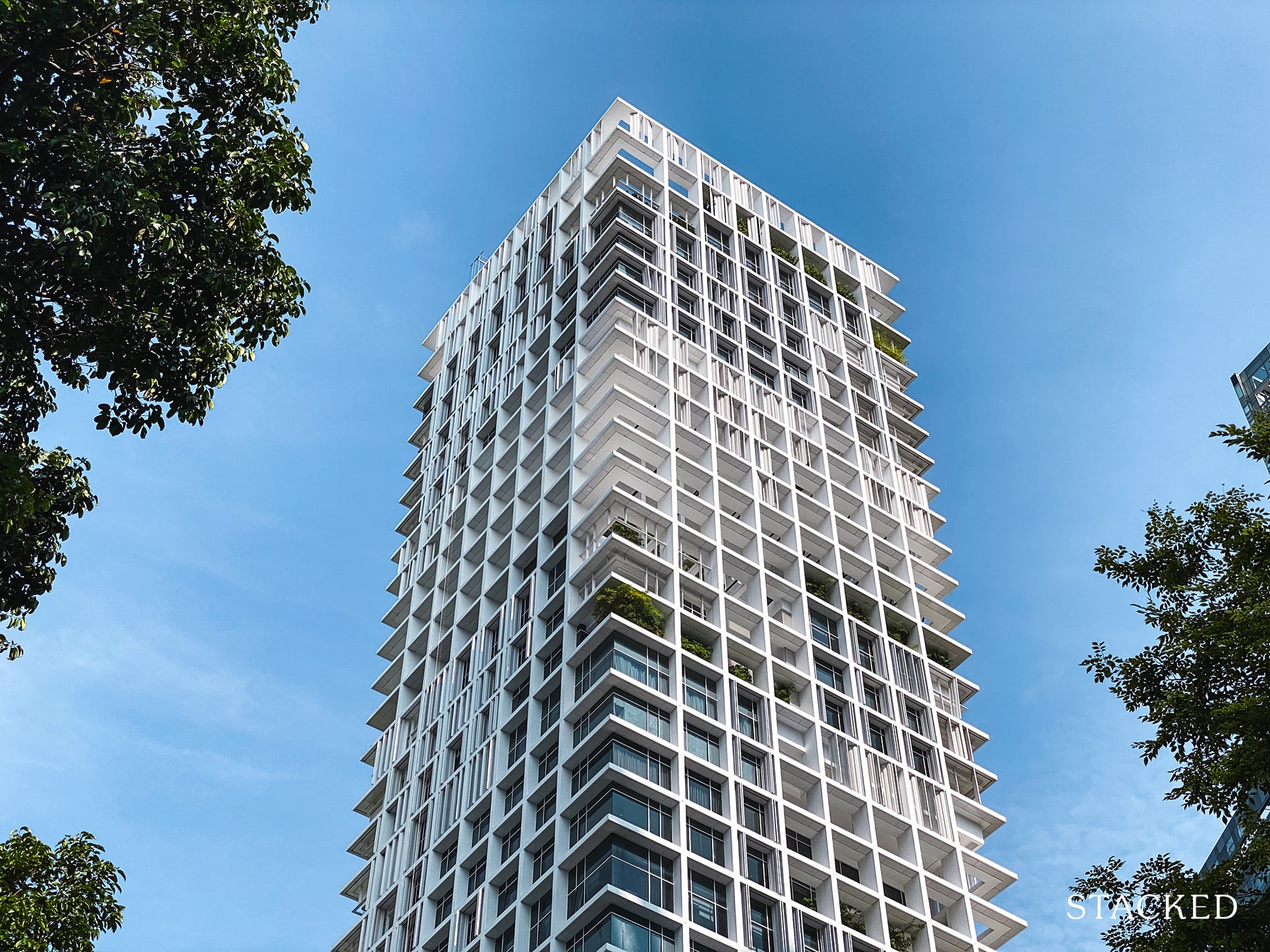
So starting from Jan 2025, the AV bands of owner-occupied residential properties will have their tax rates revised. This ensures the owners of high-end properties continue to shoulder most of the burden, while most Singaporeans will pay similar or even lower property taxes:
Changes to property tax
Adjustments to annual value bands for owner-occupier residential property tax rates from Jan 2025
| Marginal PT rate | Portion of AV (S$) | |
| Jan 1–Dec 31, 2024 | From Jan 1, 2025 | |
| 0% | From $0–$8,000 | From $0–$12,000 |
| 4% | From $8,000–$30,000 | From $12,000–$40,000 |
| 6% | From $30,000–$40,000 | From $40,000–$50,000 |
| 10% | From $40,000–$55,000 | From $50,000–$75,000 |
| 14% | From $55,000–$70,000 | From $75,000–$85,000 |
| 20% | From $70,000–$85,000 | From $85,000–$100,000 |
| 26% | From $85,000–$100,000 | From $100,000–$140,000 |
| 32% | From $100,000 | From $140,000 |
Interestingly enough, for retirees living in higher-end homes who may have cash flow issues, IRAS will offer a 24-month interest-free instalment plan.
What’s the probable impact?
The main concern, which the government is clearly aware of, is older Singaporeans living in high-value properties, who may not have the wealth or income to match (it makes us recall this particular story.)
There are some Singaporeans who are not especially rich, but have inherited properties – such as landed homes – from their parents/grandparents, which over the decades have seen significant appreciation. These properties can have a very high AV and property tax; possibly beyond the financial means of the owners. We do suspect that, even with an interest-free instalment plan, some of these owners may be incentivised to sell and right-size into a smaller or cheaper property.
For the average flat or mass-market condo owner though, this is not a huge change, as the taxes are probably the same or lower. We would also venture that, for the most affluent buyers, this is also not a significant increase; anyone who doesn’t bat an eyelid at 20 per cent ABSD will be equally unfazed by a six per cent increase in annual property tax.
New ABSD concessions
Some people may have seen the word ABSD and gotten excited prematurely, but this is one only for a select group of people. If you didn’t already know, ABSD remission is possible for married couples, if one spouse is Singaporean, and they sell their previous property within six months of buying a new one (this usually matters if you buy a new property before selling your previous home).
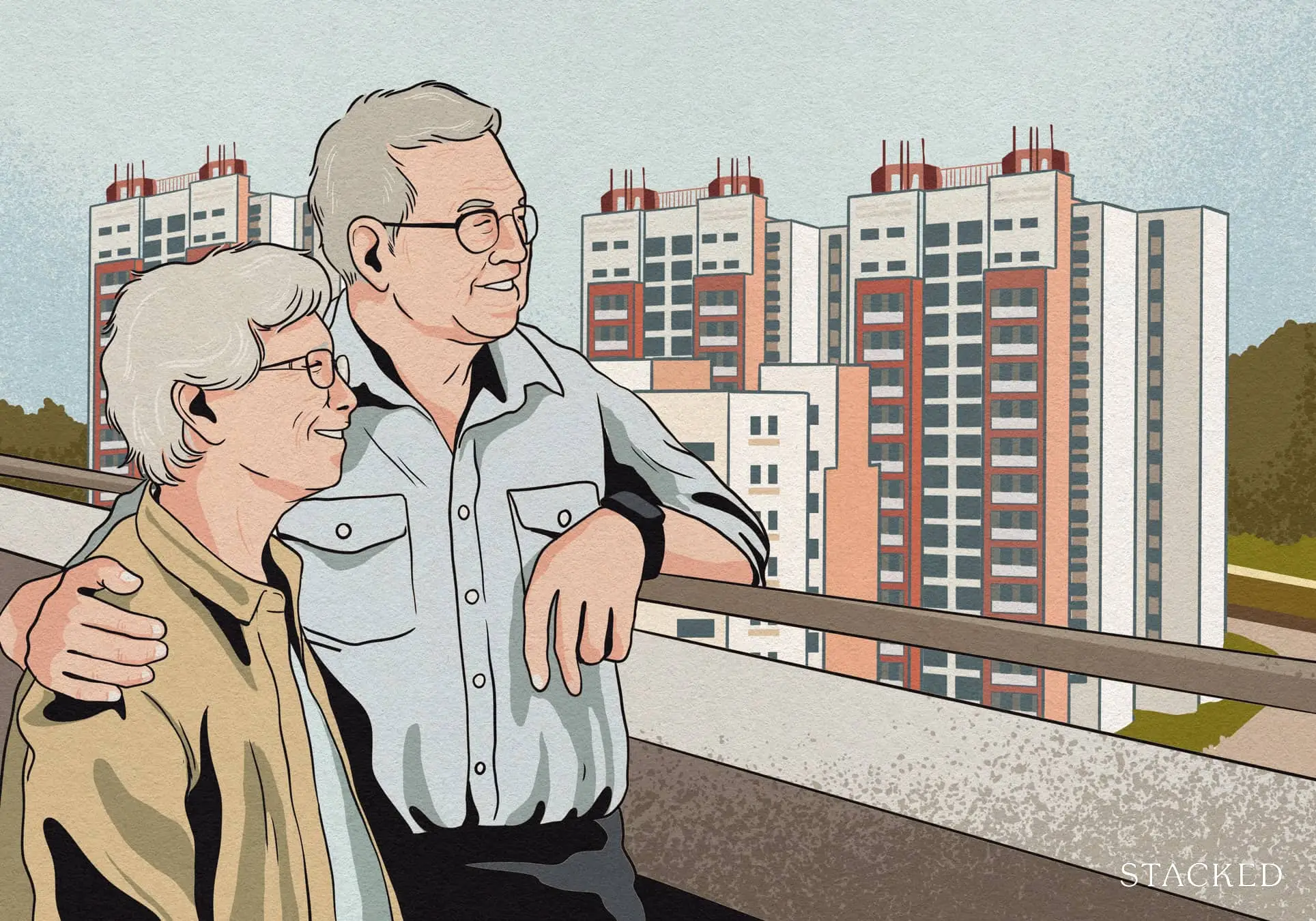
This concession will now be extended to singles, not just married couples. However, you need to be a Singapore citizen aged 55 or above, and your replacement private property must be of lower value than the one you’re selling. For example:
If you’re 55 years old and you buy an $800,000 one-bedder, while you still own your $1.6 million three-bedder, you’d pay ABSD of $160,000. However, if you sell your three-bedder within six months, you can recoup this amount. You cannot, however, do this other way around.
What’s the probable impact?
More from Stacked
5 Reasons Why Parktown Residence Sold A Record 1,041 Units During Launch
Parktown Residence is set to change Tampines North, and it has two qualities Singaporeans love: it’s a mega-development, and it’s…
This is helpful to older lifelong singles, who were previously at a much bigger disadvantage compared to married couples. Without the chance for ABSD remission, these singles would be forced into selling their property first, and then buying another one (which could incur significant costs in the way of rental).
Coupled with the property taxes (see above), we seem to be seeing subtle prodding by the government, for older private property owners to right-size as this makes things a lot more convenient. This could put a few more private properties on the resale market and bump up supply; invaluable given that more HDB upgraders are now looking to resale (as many are priced out of family-sized units in the latest new launches).
We’ve already heard singles question the age restriction; and we’re inclined to agree. There are lifelong singles in Singapore who cannot get married for legal reasons, and it’s hard to understand why we’d want to penalise or inconvenience them for right-sizing.
New ABSD concessions (for developers)
Developers pay ABSD as well. This is 40 per cent of the land price, but the developer can claim ABSD remission of 35 per cent, if they complete and sell an entire development within five years.
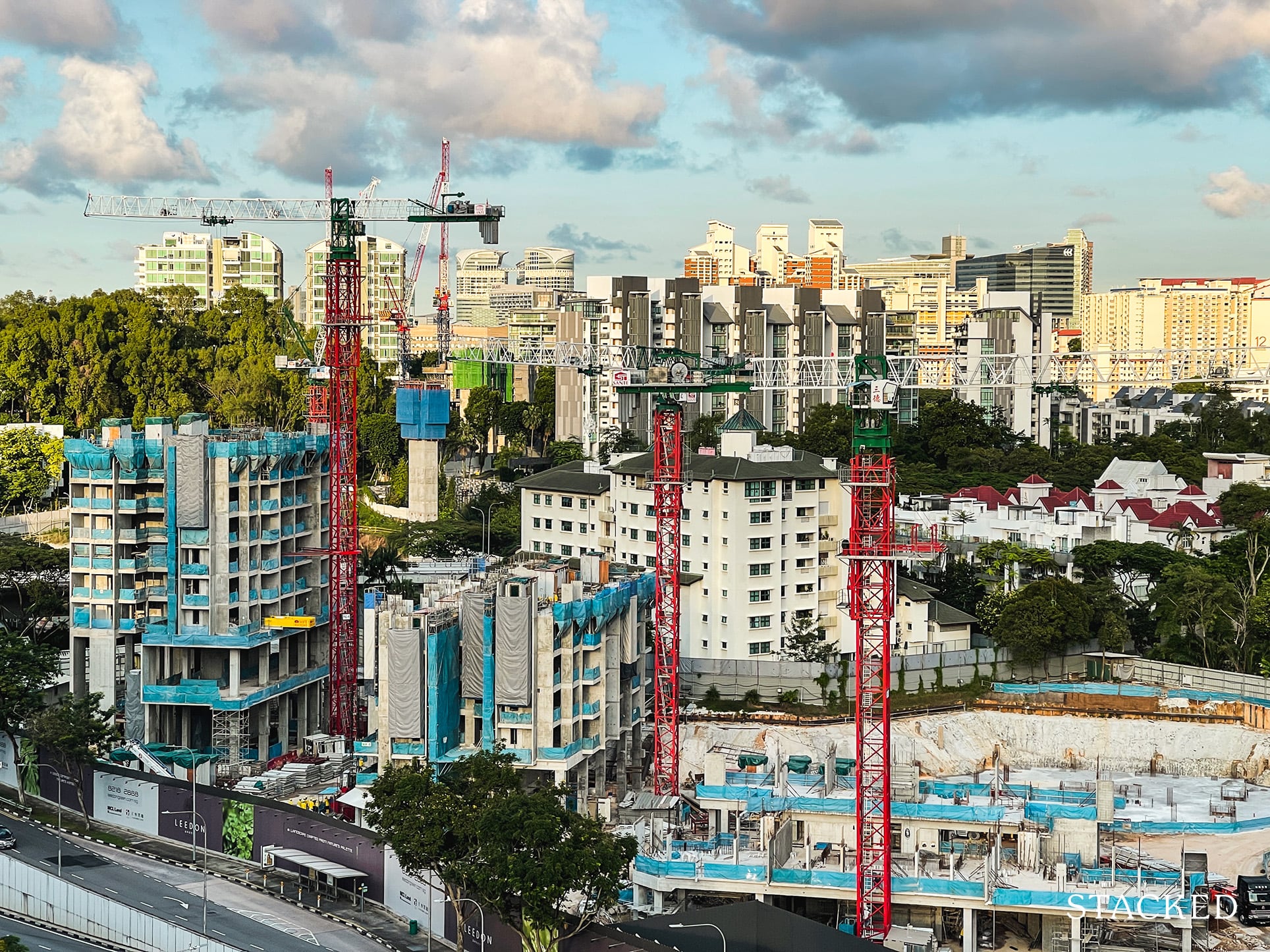
Under the new rules, developers are eligible for ABSD remission if they sell at least 90 per cent of the units. The amount of the ABSD remission will vary based on the proportion of remaining unsold units (but the developer must still meet the other requirements, like completing construction within five years).
What’s the probable impact?
This could incentivise developers to include a few more large units (eg. four or five-bedders) or to make units a bit larger in general. This is because a common obstacle to moving units is the high quantum of larger homes:
In most sales launches, the low quantum one and two-bedders will sell first, and the developer is left “stuck” with a handful of big or penthouse units that are harder to move due to a smaller target market. Sometimes, having just three or four of these units left over can cause a developer to lose their ABSD remission; so you can see how it encourages smaller homes in general.
Rental vouchers for young families awaiting their BTO flat
It’s just a one-time thing, but young families under the Parenthood Provisional Housing Scheme (PPHS) will get a one-time rental voucher. This can be used to offset their rental, for any HDB flat in the open market. We don’t know how much the voucher is though, this will be announced later.
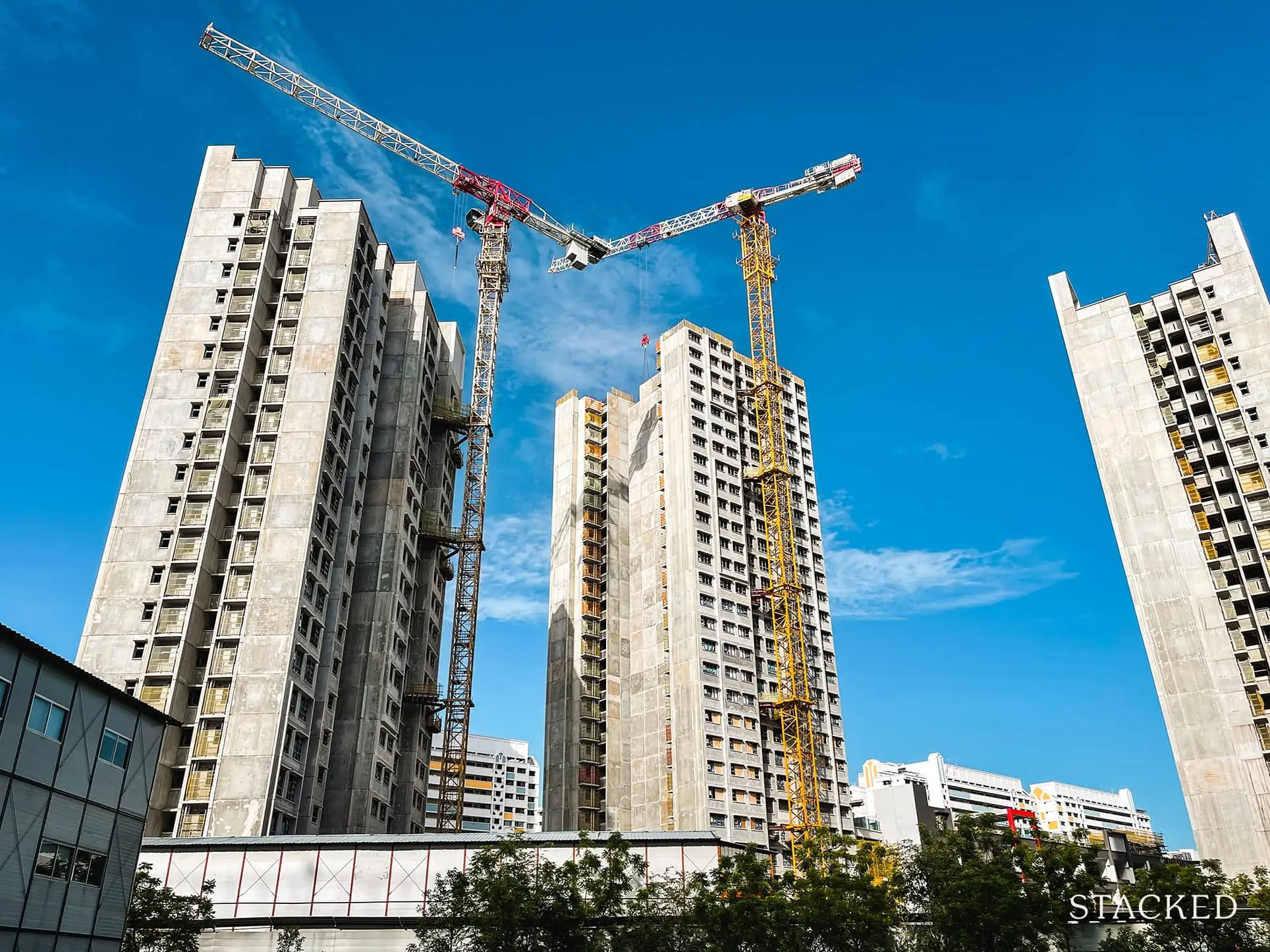
This does help, given that HDB rental rates (in fact, all rental rates) soared in the post-Covid period. However, this is something that complements ongoing schemes; HDB already aimed to double the availability of rental flats last year, for instance, and the PPHS already includes subsidised rental options for some families. So this isn’t really a new thing, but a complement to existing policies, in light of currently high rental rates.
What’s the probable impact?
On its own, not much. We don’t think a one-time voucher is going to convince anyone to switch to BTO instead of resale, or anything so dramatic. But it’s a piece of a wider ongoing solution, that helps to mitigate the demand for pricier resale flats; if more Singaporeans could be convinced to wait out the BTO construction time, we’ll see less in the way of Cash Over Valuation (COV).
Overall, Budget 2024 seems more of a rebalancing exercise for ongoing schemes, rather than an introduction of anything new. The policies and intentions remain unchanged from the past year; but it’s nice that the government is aware of – and quick to correct – unintended effects on different groups.
At Stacked, we like to look beyond the headlines and surface-level numbers, and focus on how things play out in the real world.
If you’d like to discuss how this applies to your own circumstances, you can reach out for a one-to-one consultation here.
And if you simply have a question or want to share a thought, feel free to write to us at stories@stackedhomes.com — we read every message.
Frequently asked questions
How will Budget 2024 affect property taxes for homeowners in Singapore?
Are there any new property tax relief options for retirees in Singapore?
What are the new rules regarding ABSD remission for singles in Singapore?
How might the new developer ABSD remission rules influence housing supply?
What support is available for young families waiting for their BTO flats?
Ryan J. Ong
A seasoned content strategist with over 17 years in the real estate and financial journalism sectors, Ryan has built a reputation for transforming complex industry jargon into accessible knowledge. With a track record of writing and editing for leading financial platforms and publications, Ryan's expertise has been recognised across various media outlets. His role as a former content editor for 99.co and a co-host for CNA 938's Open House programme underscores his commitment to providing valuable insights into the property market.Need help with a property decision?
Speak to our team →Read next from Singapore Property News

Singapore Property News Taking Questions: On Resale Levies and Buying Dilemmas

Singapore Property News REDAS-NUS Talent Programme Unveiled to Attract More to Join Real Estate Industry

Singapore Property News Three Very Different Singapore Properties Just Hit The Market — And One Is A $1B En Bloc

Singapore Property News Singapore Could Soon Have A Multi-Storey Driving Centre — Here’s Where It May Be Built
Latest Posts

New Launch Condo Reviews What $1.8M Buys You In Phuket Today — Inside A New Beachfront Development

Overseas Property Investing This Singaporean Has Been Building Property In Japan Since 2015 — Here’s What He Says Investors Should Know

On The Market Here Are Hard-To-Find 3-Bedroom Condos Under $1.5M With Unblocked Landed Estate Views




































2 Comments
Very good summary!